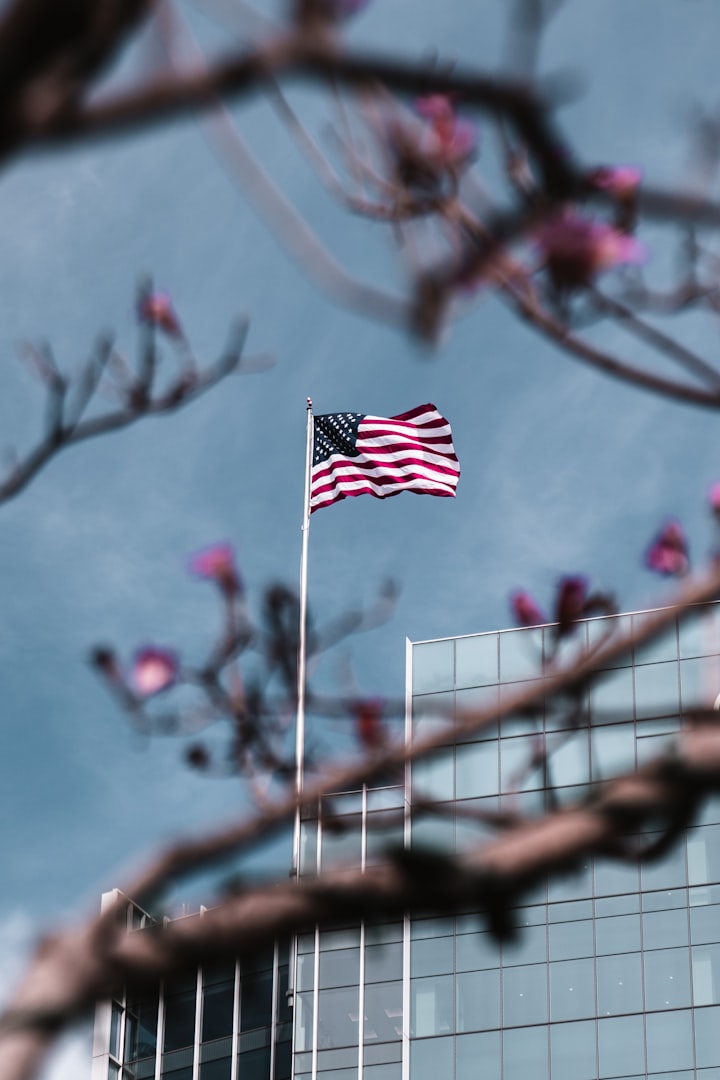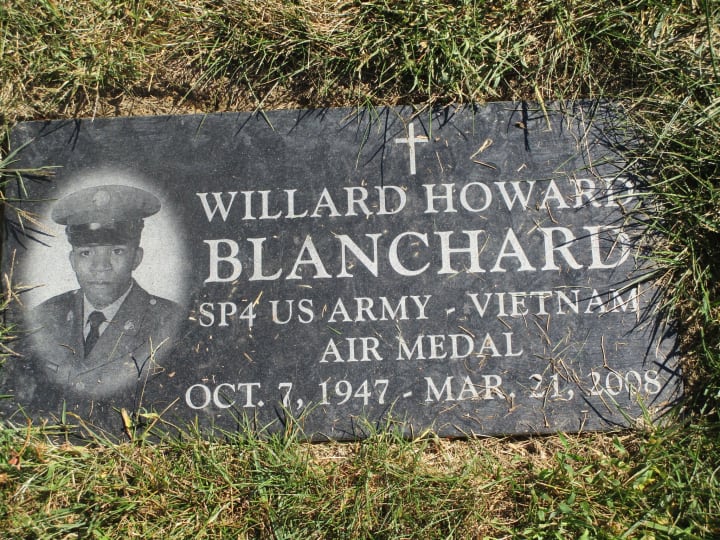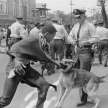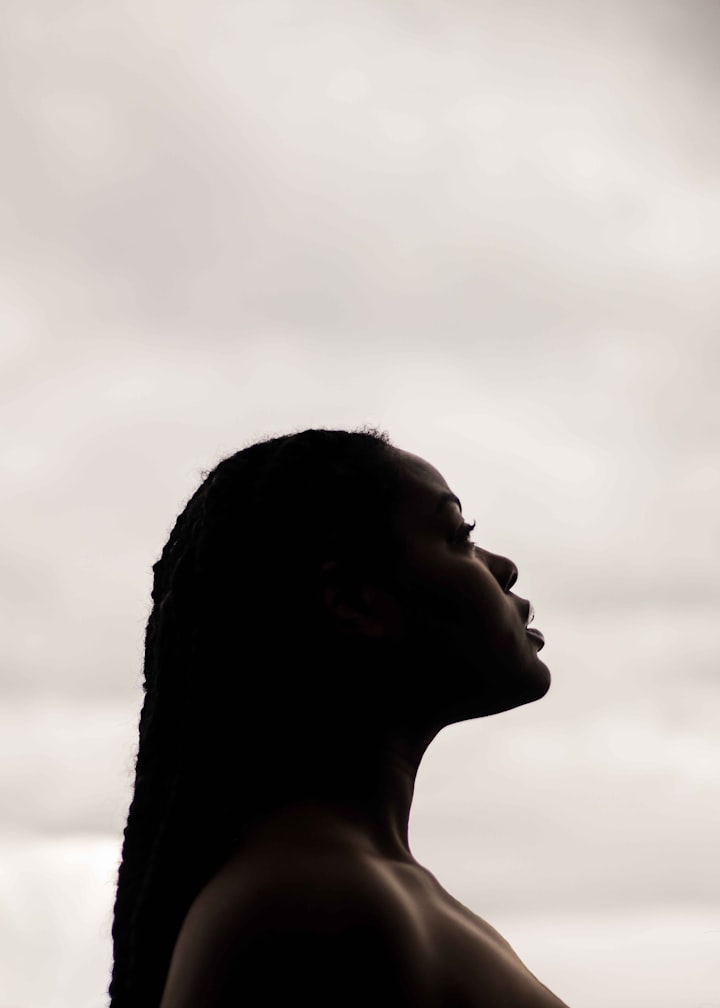
As we all sort out our emotionalism around the exit of the United States from Afghanistan, I used this time to reflect on what this meant for me. I am an African American man, born in this country, in Ohio, son of a railroad worker and a nurse. I have felt the heaviness of racism and white supremacy my entire life.
None more than on April 7th, 2001, when Timothy Thomas (an unarmed black man) was killed in my city by police. We rebelled against the injustice for three days, only to see the officer acquitted of all charges, a theme I would see reoccur over the next 20 years into today.
Thomas was raised on the same streets that I was in Cincinnati. I grew up in a few communities there from Avondale, Walnut Hills, and Over the Rhine. All very rough areas and plagued with frequent shootings, drugs, and gangs. Cincinnati was no stranger to police violence, or otherwise, for us, this was our Afghanistan.
As the young people would shout or reference when a conversation arose around the sound of gunshots from the previous night or hours prior were heard. The neighborhoods were poor due to a lack of investment in the community and little to no economic resources. We had a city government, a county, and the federal government; however, in 2001, there was not a lot of empathy flowing from Congress or the White House. So we sat in a city roiled with decay and layers of poverty, with the mass incarceration machine seemingly the only thing that did work.
On September 11th, 2001, the nation was attacked when terrorists used airplanes as weapons and killed thousands of Americans. As horrifying as the event was, it didn't deter our political leaders from turning it into a line of opportunism that would soon pull us not only into Afghanistan but eventually Iraq. I can remember a few years later when then-President Bush convinced the nation that Iraq possessed weapons of mass destruction. This proclamation, on the heels of 9/11, would most certainly be met with a level of rigor and protectionism that the US hadn't experienced since Pearl Harbor. However, unlike Pearl Harbor, the alarm was falsely rung by Bush, thrusting us into war.
For me, I felt an unease that my mind at age 23 struggled to resolve. How can I think of condemnation for the country I occupied when we were at war? Those terrorists attacked our country, where I live, my country tis of thee. However, for me, the battle was already waged against my community, the gauntlet dropped, the blight apparent and decimation fueled by drugs, guns, and gentrification, so you can see how our communities felt as though we were indeed under siege.
Then came 2003, and the influx of the "Support our troops" car decals. I thought to myself, why are we still in these folks' country, and how can this decal support the troops? From a direct impact perspective, this felt futile; I highly doubt the troops overseas were coming back and feeling a flush of patriotism when they saw the ribbons. It felt like the decals served as a piece of propaganda that allowed Americans to feel as though they were supportive in a war that was not being fought on their soil, nor did they have to engage unless they were a military family.

I thought back to my childhood when my mother began to date a Vietnam vet after her, and my father divorced. Willard Howard Blanchard was drafted into the Vietnam war, barely an 18-year-old man. He was loaded on a plane, sent 9000 miles, and asked to do some of the most violent yet necessary acts in the name of war. He would tell me stories about his time in Vietnam, and I would see first-hand the PTSD that followed him home. I would often hear him complain that the VA was not doing enough for the soldiers who had fought not only in Vietnam but other conflicts. The lack of aid from our government for my stepfather meant that he often self-medicated with drugs and alcohol to soothe the invisible wounds that existed.
On one particular occasion, my mother and stepfather enjoyed a game of spades in our home with my uncle and aunt visiting, and a car backfired outside, Will jumped down on the ground and took cover. Seen as an overreaction, we chalked it up to him being "shell shocked."
Today we understand that PTSD is the culprit. I remember being so upset at the Vietnamese people and the entire country for what they had done to Will; he didn't deserve that. How can I look at his service to an unjust war and gleam with patriotism?
Moreover, those damn "Support Our Troops" decals now meant nothing in retrospect. That small act of tokenism exaggerates actual support, which we should have been pushing for in the name of our troops.
Like other black soldiers in 1967, Will was faced with a difficult choice, either answer the call of a war that required you to fight an enemy that you saw no fault in or go to jail for draft dodging. Moreover, remember the context of the battle for black people. We lost Malcolm in 1965, and Emmitt Till's memory haunted most enlisted black men, yet conscription or not, we were compelled to serve - as we did, in every war that this country fought.
Will often spoke about the blending and mixing of different blacks from around the country, brought together in the name of democracy, when that democracy disregarded them as humans and failed to meet its carefully crafted mandates in the Constitution.
I began to wonder how or why the United States could believe they were presenting a reasonable argument for engendering patriotism in their ranks of enlisted and civilians. I do not think African Americans can be patriotic; I feel an essential part of our assimilation means that we accept the propaganda, believe in the idealism of patriotism, and strive to become one that it serves. We were raised to remember our countrymen left in Africa and served as a reminder of where we belonged. However, the institution of slavery and the labor involved to build this country presents us with a peculiar choice - embrace what we bled for and love a nation that seemingly hates us. Likewise, we could offer a truism that our patriotism is injured and can only heal when our government treats us as the patriots we have always been.
About the Creator
Greg B.
Black Man. Writer.
Now abideth faith, hope, charity, these three; but the greatest of these is charity.”
“I sit with Shakespeare and he winced not.”






Comments
There are no comments for this story
Be the first to respond and start the conversation.